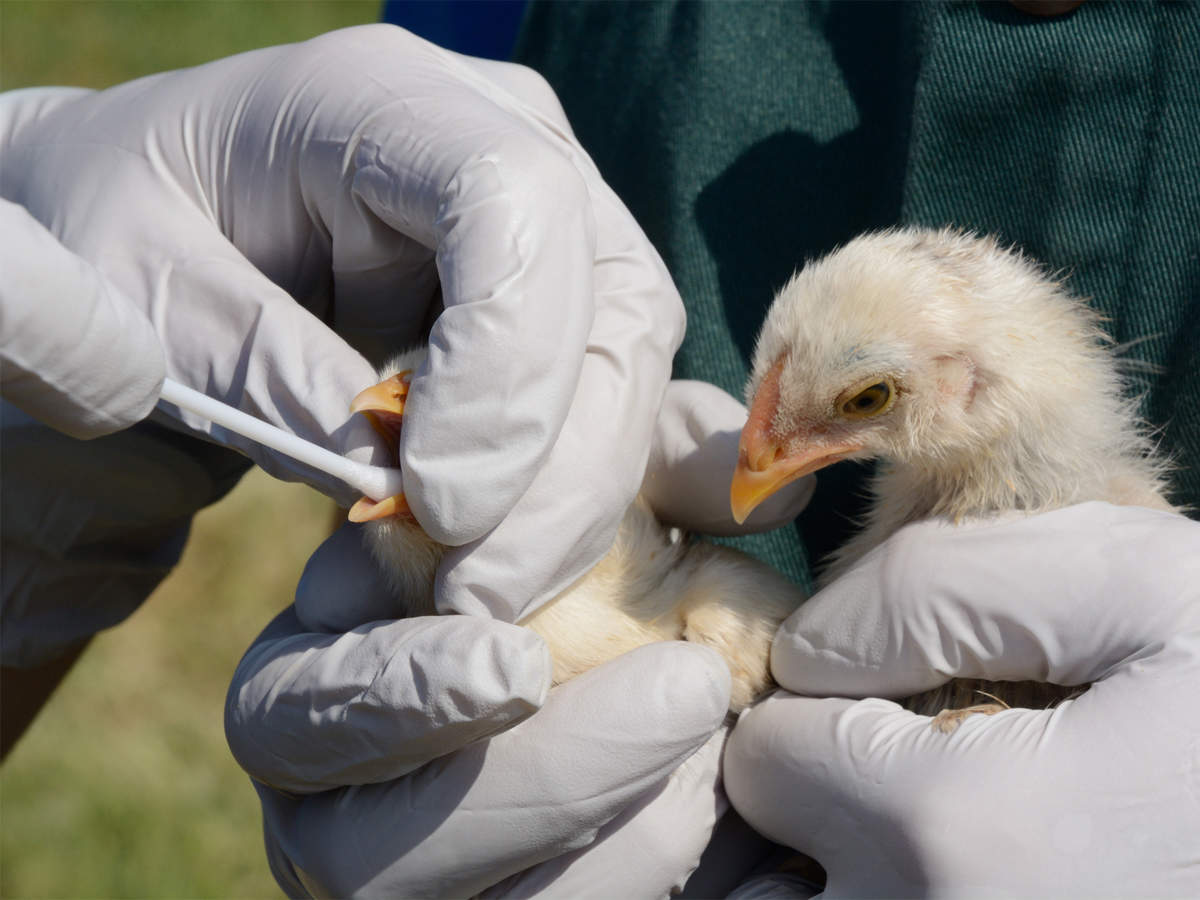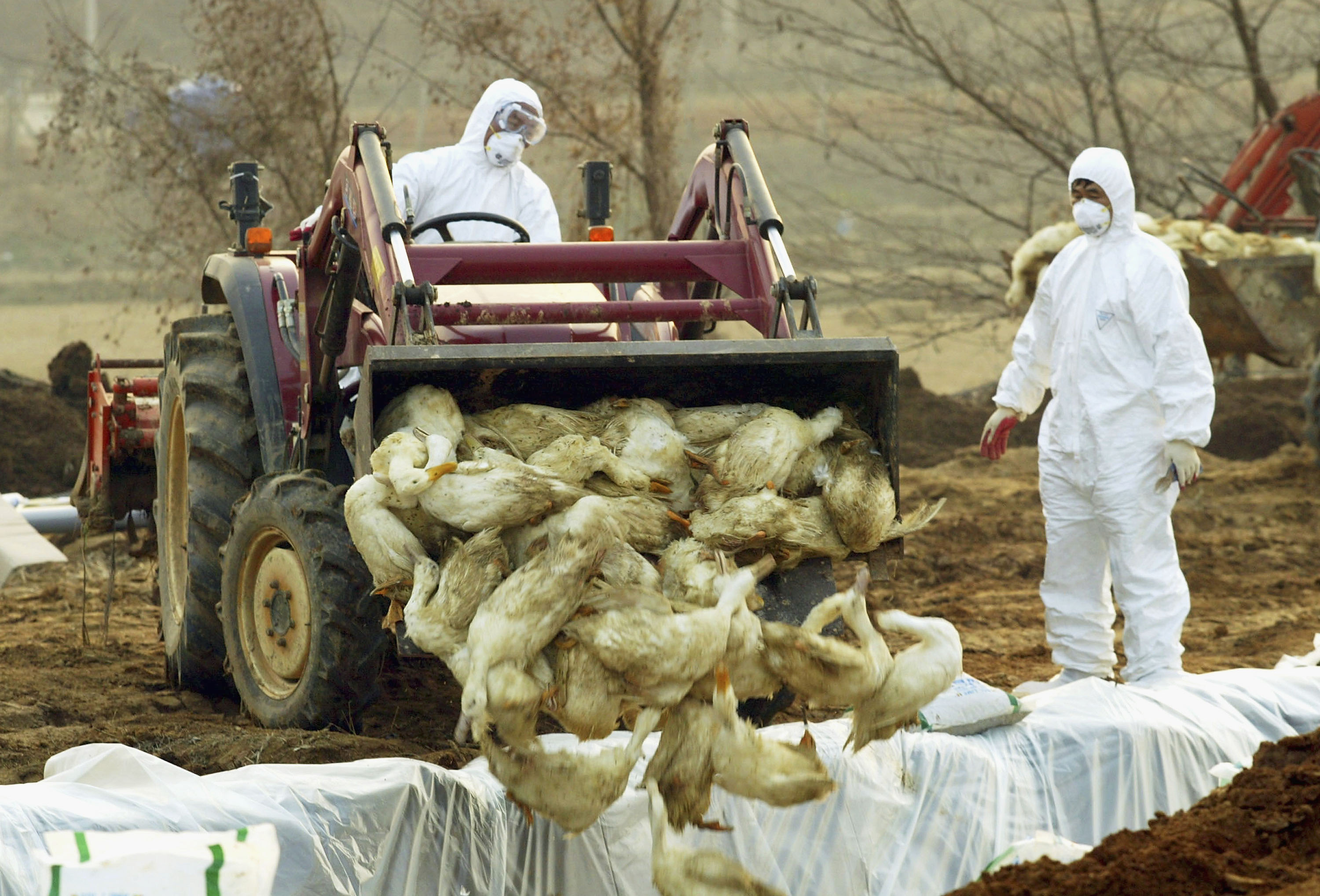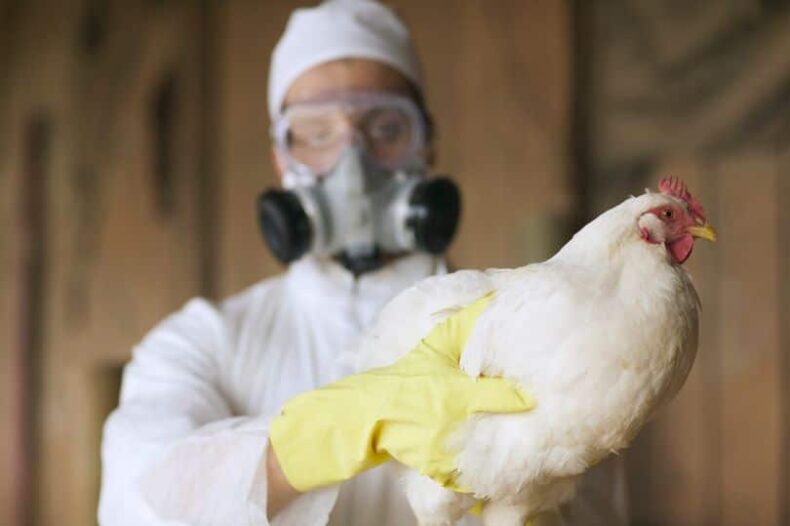The government has said that as of Wednesday, all poultry in Norfolk, Suffolk, and portions of Essex must be kept indoors as part of a stepped-up effort to prevent the spread of avian flu.

After a series of outbreaks of bird flu, the afflicted areas were designated as a zone for avian flu prevention last month, In the past year, 161 cases have been found in captive birds, representing the greatest outbreak ever recorded in the UK, After the discovery of the disease, it is planned to cull birds in Staffordshire.
The Department for Environment, Food and Rural Affairs reported on Friday that the (HPAI) H5N1 strain of avian influenza was discovered in caged birds on a site and that a monitored and controlled zone was established surrounding the property.
The previous record for cases detected in captive birds flu was 26 in 2020/21.
The Department of Environment, Food, and Rural Affairs (Defra) stated that all birdkeepers in impacted areas will be compelled by law to house their flocks indoors and implement severe biosecurity protocols to protect them from the disease.
The precautions are applicable regardless of the species or size of the captive bird flock, This year, over 48 million birds have been slaughtered in the United Kingdom and the European Union due to the spread of highly virulent avian influenza.

The government has stated that the 3,2 million birds culled in the United Kingdom represent a “tiny proportion” of total production, which is approximately 20 million birds every week. More than 1,700 instances have also been recorded in the wild bird population of the United Kingdom, spanning 406 localities and 59 species. In previous years, the virus largely faded out during the summer months, but this outbreak has remained throughout the entire year and has expanded more rapidly.
The necessary housing requirements for all poultry and captive birds will be implemented following a judgement by Christine Middlemiss, the chief veterinary officer of the United Kingdom, She is urging all aviculturists in the impacted regions to take precautions in the coming days, including protecting animal welfare, consulting their veterinarian, and expanding housing as necessary.
Ms. Middlemiss reported a growing number of bird flu cases on “commercial farms and in backyard birds” in the three afflicted counties, and she anticipates that “the risk will continue to climb in the coming months when migrating birds return to the UK.”
“We are now taking further measures to protect flocks from this very contagious and fatal disease.”

The ban imposed by the Defra on September 28 also included Devon, Cornwall, and portions of Somerset, however these regions have not yet been instructed to keep their birds indoors, Instead, all poultry gatherings, such as fairs and markets, are prohibited, and bird caretakers are instructed to clean and disinfect their clothing and equipment before to coming into contact with birds.
On Monday, the most recent data on bird flu outbreaks in Europe and the United Kingdom from October 2021 to September 9 was released. They demonstrated that there have been 3,573 finds in wild birds, and that the virus has spread to 37 nations, from Svalbard to southern Portugal and Ukraine. However, it emphasized that this number could be an underestimate.
In January, there was one incidence of human transmission in south-west England, despite there being no cases of human transmission in the EU.
Read More: New diseases that could be the next pandemic
Read More: Shrews transmit a flu-like virus to humans in China
Everything you need to Know about Bird Flu/Avian Influenza













